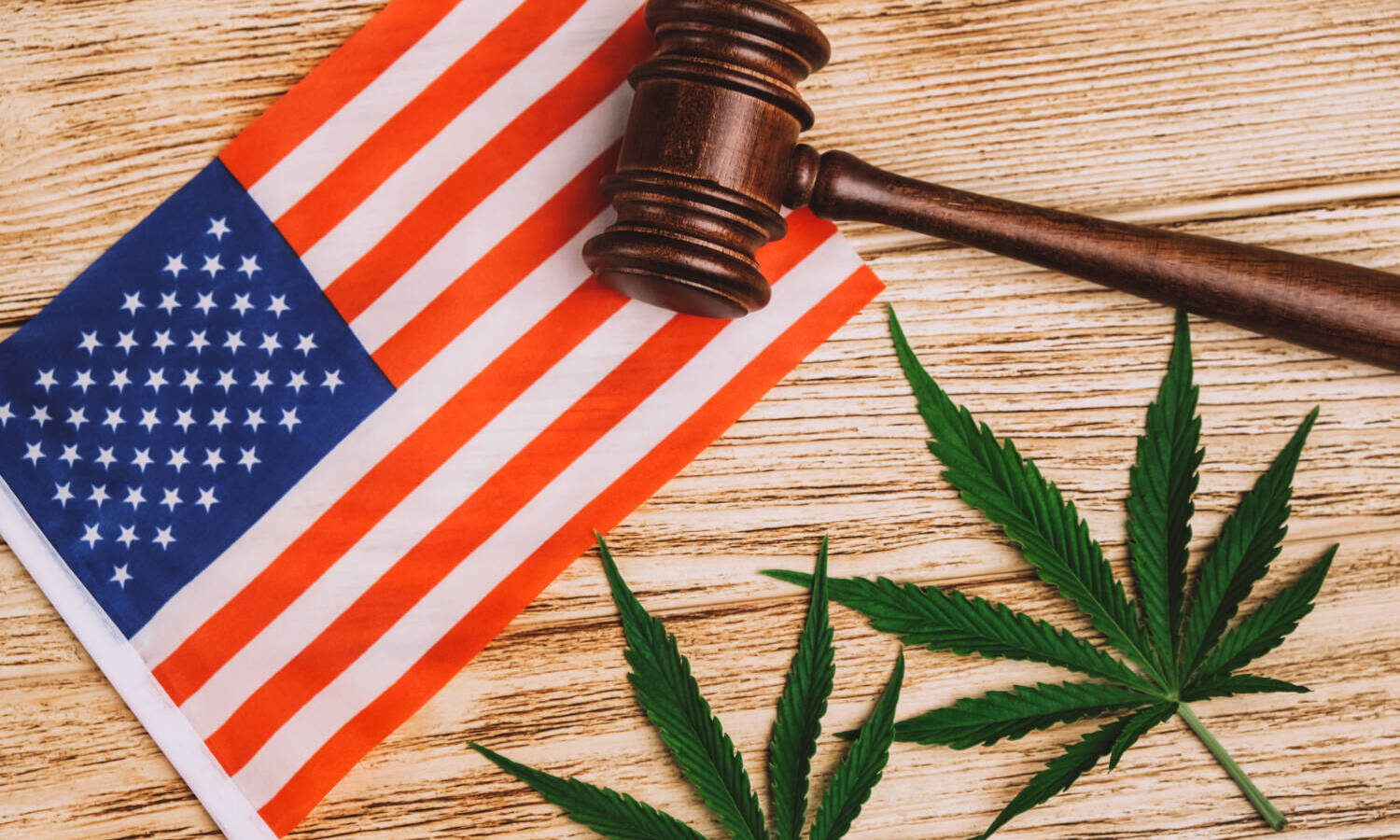By
It seems that lawmakers in in the state for lovers aren’t spreading it for marijuana consumers. Virginia develops new way to punish cannabis consumers sends a message to locals and tourist alike. According to the proposition which came with a recently revealed two-year state budget, possession of over 4 ounces of cannabis in public would be considered a Class 3 misdemeanor, posing a fine of up to $500 plus a criminal record.
Additional offenses would be viewed as a Class 2 misdemeanor, with punishment including up to six months in jail and a fine of up to $1,000.
This is the third time in 2022, that the state’s legislative leaders have come up with new crimes for cannabis possession, Richmond News writes.

The General Assembly is scheduled to review the budget during a special session on Wednesday. The budget compromise is supported by House Appropriations Chair Barry Knight (R-Virginia Beach) and Senate Finance and Appropriations Chair Janet Howell (D-Fairfax).
In the meantime, a GOP-led House of Delegates subcommittee voted down legislation that would allow recreational marijuana sales earlier this year. Republicans promised to revisit the issue sometime next year, with mid to late 2023 being the earliest retail sales could begin.
Thailand Wants To Ban Public Transport Drivers From Using Cannabis Before Driving
Thailand’s Ministry of Public Health announced several weeks ago that three types of cannabis oil had been deemed essential medicine, allowing doctors from 893 government hospitals to prescribe cannabis extract oil to patients in selected circumstances.
With the country on the verge of legalizing home cannabis cultivation on June 9, the Land Transport Department is now pushing for a law that would prohibit drivers from using marijuana before driving, reported Nation Thailand.
Officials are looking to set up cannabis regulations for public transport, said the Public Health Ministry, which previously revealed that it will push for legalization.
RELATED: Thailand Is Giving Away A Million Cannabis Plants
Ministry Deputy Permanent Secretary Thongchai Keeratihatthayakon warned on Sunday that marijuana use remains illegal. In addition, the ministry also plans to work with the Consumer Protection Board on preventing the advertising of cannabis products and services.
The Southeast Asian country was the first in the region to legalize cannabis for medical use in 2018, with a provision for all households to cultivate cannabis and sell it.
North Carolina On Track To Legalize Cannabis
North Carolina, one of the six states where both medical and recreational use of cannabis is still illegal, might be the next to legalize the plant.
Senate Bill 765, introduced Monday, will advance through the general assembly again this month, Port City Daily writes.
If enacted into law, the legislation would allow adults 21 and older to possess up to 2 ounces of marijuana or an equivalent amount in products. Those caught in possession of over 2 ounces could face a civil penalty of $25.

The bill would also allow the cultivation of up to two mature and two immature marijuana plants for personal use at home.
The 69-page bill requires the formation of a Cannabis Equity Reinvestment Board with the mission of addressing economic disparities for families and communities affected by excessive drug enforcement. It would also set up a Cannabis Control Commission to oversee the “sale, purchase, transportation, manufacture, consumption and possession” of marijuana.
In the meantime, it seems that North Carolinians would like to see cannabis legalized. Over half of the state’s voters support the legalization of marijuana for recreational use, while almost three-quarters of residents would vote for medical marijuana, as per statewide polling data from Nexstar Media Group and Emerson College.
Will Tax Cuts Fuel Growth Of California Cannabis Market?
Cannabis sales in California have yielded nearly $4 billion in marijuana tax revenue since the market’s launch in 2018.
However, for the first three months of 2022, the Golden State garnered roughly $294 million in cannabis revenue generated from the excise, cultivation and sales tax on marijuana, representing a decline from $317 million for the corresponding period of 2021, the Department of Tax and Fee Administration (CDTFA) reported last week.
The legislative analysts said the decrease could be attributed to “amended and late returns and other tax return adjustments.”
RELATED: California County Sheriff Calls For State Of Emergency Over Illegal Cannabis Grows
Nevertheless, Gov. Gavin Newsom (D) recently unveiled an updated budget proposal that would eliminate the state’s cannabis cultivation tax and revise cannabis tax revenue allocations. The revised budget plan is considered a tool to combat the state’s illicit market.

Moreover, a recent study found that California could increase legal cannabis sales and bring in 123% more in total monthly cannabis-related tax revenue by 2024 by eliminating the cultivation tax.
While cannabis advocates warned earlier this year that cutting state cannabis taxes will have “an immediate, negative impact on thousands of children living in poverty and children of color across our state,” the state Legislative Analyst’s Office (LAO) highlighted in its update on Thursday, that the Newsom’s proposal “would use 2020-21 cannabis tax revenues to establish a funding target for the programs that receive those revenues.”
Detroit Grants First Recreational Marijuana License To Grower
Detroit granted a recreational marijuana business license to Doghouse Farms, over two years after the process got underway.
The grow operation situated on the city’s east side is now ready to start selling on the recreational market, reported Crain’s Detroit Business.
The business has invested approximately $4 million in a 25,000-square-foot cultivation facility. For over a year, Doghouse has been selling medical cannabis.
“A (recreational license) is the only reason we came to Detroit,” Eric Slutzky, Doghouse’s CEO told Crain’s. “The city taking this long really cut the knees out of the local market, but we had faith the city would do the right thing.”
This article originally appeared on Benzinga and has been reposted with permission.


